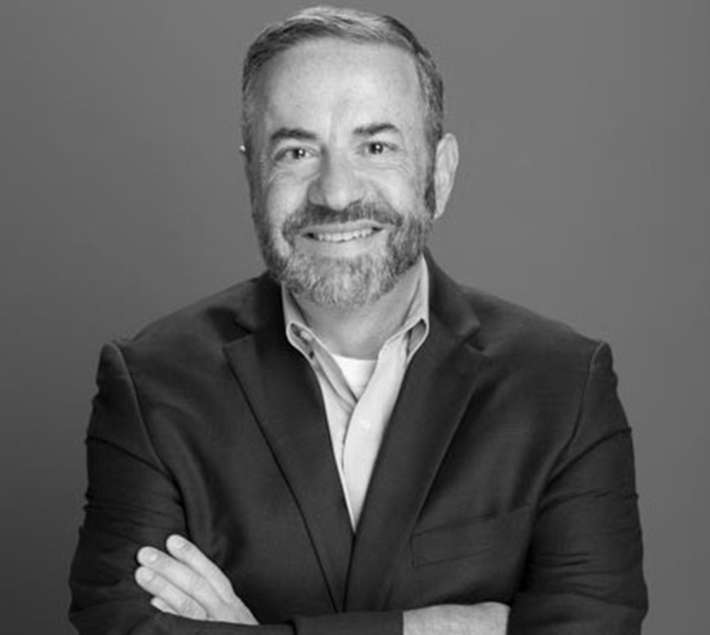An In Good Company podcast with Michael Molinaro, Leadership and Learning & Development Consultant
AI in the workplace
It's the hottest topic in town... will AI increase efficiency, reduce costs, enhance customer service and improve productivity or will it displace jobs, highlight skills gaps, be unethical and biased and require substantial resources? How should leaders be preparing? What questions do we need to be asking?
Latest listen
Michael Molinaro joins Dan to discuss Gen AI, leadership and culture. Michael brings a wealth of experience in learning and leadership, ready to explore topics like: How can leaders leverage AI to enhance their decision-making? What are the ethical considerations of integrating AI into leadership roles? And how is AI changing the way we work and interact within organisations?
Listen to the podcast on Spotify
Watch our interview here:
How could AI transform traditional leadership roles?
The first stage for most leaders seems to be the managerial, administrative view of what AI can offer, productivity gains etc. But leaders need to also think about what will happen to organisations and culture as we allow AI to become embedded in our work practices.
There’s a framework that I like to use – four Cs. Capability, care, connection and community. These four Cs raise challenges for leaders with AI.
Capability: This is about employees feeling that ‘what I know and do matters, and it makes a difference to the organisation where I'm working. They're paying me to do this work because I am capable’. As AI begins to expand and take over parts of a role, then employees begin to become separated from this sense of capability because what I know no longer matters, because I can ask the robot to do that. Instead they question ‘what am I here to do? What do I know how to do?’
Care: I use this word in both senses - what I care about and how am I cared for by the organisation? If I become a set of atomised skills my relationship to the organisation gets devolved into one of 'plug and play'. I become an appliance. And I wonder what that means about the way I'm cared for when I'm not seen as a fully viable person who has needs, when my work can be done by an algorithm or a robot.
Connection: The responses AI give us don’t matter to it. But it matters to employees. When you do a good job there’s a sense of pride. We feel connection to other people via work, and more importantly, what the outcomes of our work mean. The algorithm is indifferent. There's this separation from work and its meaning. And I know this is getting deeply philosophical, but it's an important thing to recognise. We're uprooted from why we enjoy work in the first place, that it’s because we can derive a sense of meaning from what we do every day.
Community: My relationship to others, my ability to support those around me in my work is a big driver of engagement at work for individuals and our own status in the community. Community status is really at threat when AI becomes a leveller. Currently status is determined by what I know and how well I deploy what I know and when what I know no longer matters, my status in the community is automatically diminished.
So what does this mean for leaders? I think we've got to think about these four issues around capability, care, connection and community and what should we be asking ourselves about these four things now. Not only the technical capabilities of AI, but the organisational, cultural and moral capability.
Listen again
Head to our YouTube / Spotify channels to catch up on previous episodes, including…
036: Systems leadership with Dr Kate Simpson, Director of the Systemcraft Institute
Coming up
038: Isabella Echeverri, former Olympic and World Cup football player
Follow Impact on Spotify and subscribe to our channel on YouTube
